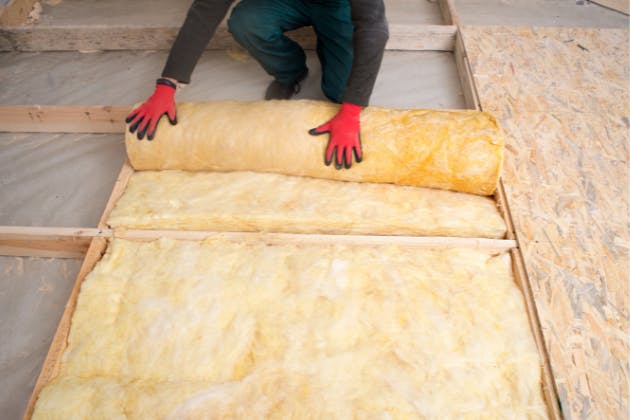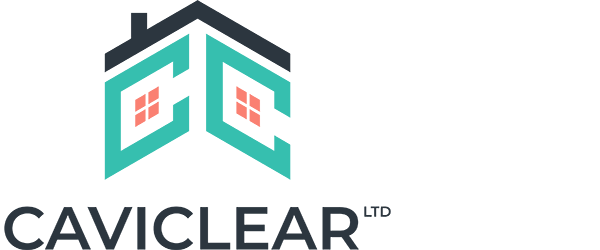Loft insulation is one of the most cost-effective ways to improve energy efficiency, reduce heat loss, and lower utility bills. However, to get the best results, it’s essential to install it correctly and avoid common mistakes that can reduce its performance. Whether you’re tackling a DIY project or hiring a professional, this guide outlines the key dos and don'ts for successful loft insulation.

What to Know Before and During Loft Insulation Installation
Pre-Installation Essentials
Measure Accurately
Start by calculating the loft’s total area, measure the length and width, include alcoves, and account for obstructions like water tanks or chimneys. Add 10% to your material order to allow for cutting waste and miscalculations.
Check Local Building Regulations
Different regions have specific requirements for insulation thickness, ventilation, and fire safety. Ensure your plans comply with the latest building control standards to avoid fines or failed inspections.
Choose the Right Insulation
Select insulation based on thermal performance (R-value), moisture resistance, fire safety, and environmental impact. Common materials include:
- Glass wool (fibreglass)
- Mineral wool (rockwool)
- Sheep’s wool
- Cellulose
Make sure the material suits your loft’s conditions and complies with local standards.
Installation Best Practices
Air Seal Before Insulating
Seal gaps around pipes, wiring, hatches, and light fittings before laying insulation. This step prevents draughts and heat loss, improving overall insulation performance.
Lay Layers Correctly
- Keep insulation clear of cables and hot flues (minimum 75mm gap).
- Avoid compressing insulation, it should be fluffed to its full depth.
- Install depth markers and ensure even coverage across the loft floor.
Maintain Proper Ventilation
Ventilation prevents condensation, which can lead to mould and timber rot. Key steps include:
- Keeping a 50mm gap between insulation and the roof underlay
- Ensuring roof and soffit vents are unobstructed
- Installing ventilated loft hatches and maintaining airflow around water tanks and boiler flues
Use the Correct Thickness
To meet modern energy standards:
- Aim for 270–300mm of insulation
- Top up existing insulation to reach the recommended depth
- Use multiple layers (between joists, then across) for maximum coverage
Mistakes to Avoid
Don’t Overfill the Loft
More isn’t always better. Over-insulating can block ventilation paths and compress lower layers, reducing their effectiveness without improving efficiency.
Don’t Compress or Squash Rolls
Walking or storing items on insulation compresses it and reduces its thermal value. Cut pieces carefully to fit around obstacles instead of forcing them into gaps.
Don’t Block Ventilation
Never cover vents, air bricks, or flues. Obstructed airflow can trap moisture, affect air quality, and cause structural damage over time.
Don’t Insulate Around Heat Sources
Maintain at least 75mm clearance from chimneys, flues, and downlights. Use insulation guards or collars for safety and compliance with fire regulations.
Don’t Rush the Job
Loft insulation needs careful planning and installation. Rushing leads to missed gaps, uneven coverage, and poor long-term performance.
After the Installation
Inspect for Gaps
Once installed, walk through the loft and check for:
- Uneven insulation
- Exposed corners or hard-to-reach areas
- Compressed or shifted material
Fix any issues immediately to ensure long-term performance.
Recheck Ventilation
Confirm that airflow is still adequate. Make sure vents are clear and that loft hatches or access points don’t interfere with air movement.
Consider Professional Help
While loft insulation can be a DIY project, hiring a qualified installer offers peace of mind:
- They ensure compliance with regulations
- Bring specialised tools and materials
- Provide warranties for both materials and labour
Choose a company registered with KIWA, CIGA, or the NIA for quality assurance.
Looking to insulate your loft in South Wales, Swansea, Cardiff or Bristol?
Cavi Clear Ltd offers trusted insulation solutions, including safe removal, quality upgrades, and compliant installation. Call us on 01639 790426 or 07852 229017, or fill out our contact form to arrange a professional survey today.


